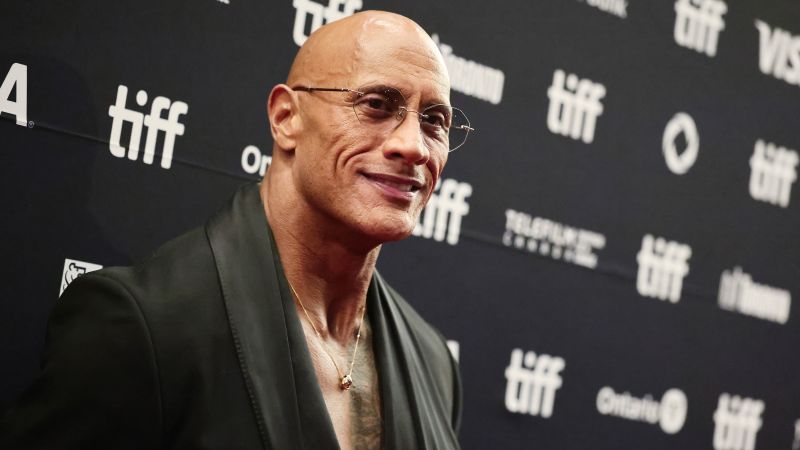
Revisiting the Impact of 'The Biggest Loser' Through 'Fit for TV'
Culture | 8/15/2025
In the docuseries “Fit for TV,” the harmful impact of the widely popular TV show “The Biggest Loser” on participants and viewers is under scrutiny. Renowned for its extreme weight loss methods, the show garnered attention for its portrayal of fitness and health. However, the series is now being revisited through a critical lens, shedding light on the consequences of its approach.
“The Biggest Loser” became a cultural touchstone, influencing societal perceptions of weight loss and health. The show’s emphasis on rapid, drastic weight reduction through intense exercise and severe calorie restriction drew widespread attention. While the program aimed to motivate contestants to achieve significant weight loss, concerns have emerged over the potential long-term physical and psychological effects on participants.
Experts in the field of health and fitness have raised alarms about the sustainability and safety of the practices promoted on “The Biggest Loser.” The docuseries “Fit for TV” delves into the repercussions of the show’s methods, highlighting the fine line between promoting health and risking well-being. The examination of this iconic program serves as a cautionary tale about the importance of prioritizing holistic well-being over quick-fix solutions.
As viewers revisit the legacy of “The Biggest Loser” through “Fit for TV,” questions arise about the responsibility of media in portraying health and fitness. The series prompts reflection on the ethical considerations surrounding reality TV shows focused on weight loss and the potential impact on both participants and audiences. Through a nuanced exploration of this issue, “Fit for TV” invites a critical examination of the intersection between entertainment, health, and personal welfare.
In the ongoing discussion sparked by “Fit for TV,” the legacy of “The Biggest Loser” stands as a reminder of the complexities inherent in promoting health and wellness through media. The docuseries serves as a platform for dialogue on the lasting effects of reality TV narratives on individual health journeys and broader societal attitudes towards body image and weight management.

